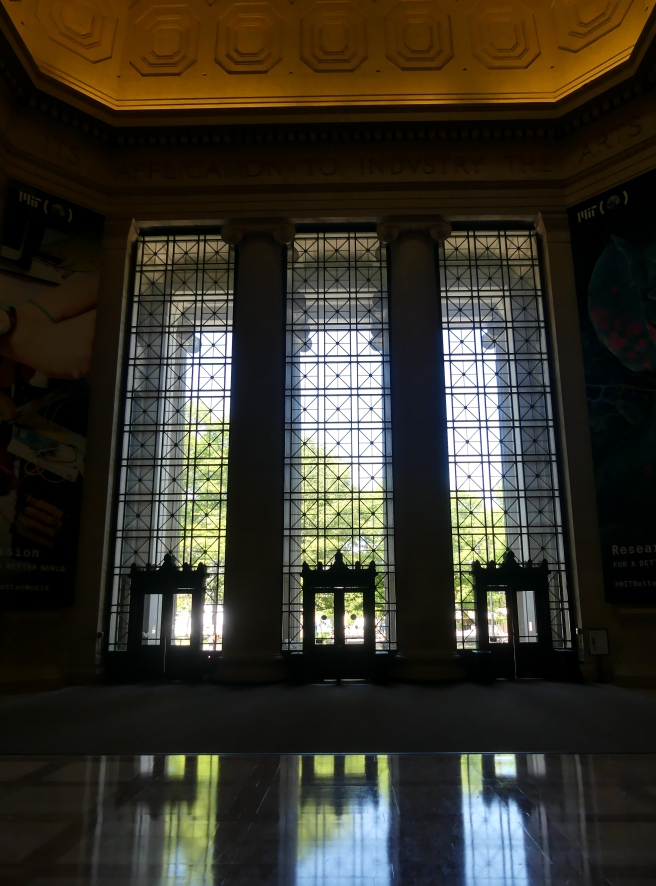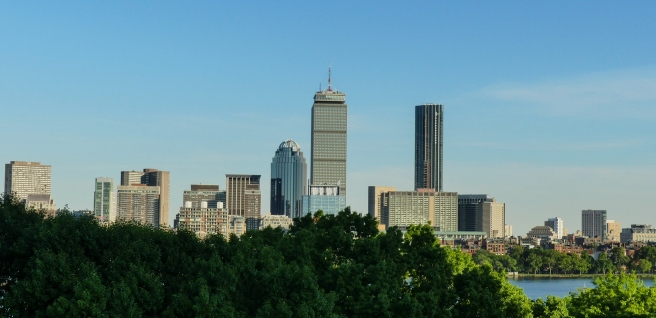Part of being autistic means that I process things differently than most people. Sensory input, social cues, emotions, physical sensations, information from spoken or written words—all of these come in (or arise within me) with varying degrees of intensity, and sometimes get tangled up with one another. Sensory input can distract from social cues, for example, and information in spoken form may be missed if I am trying too hard to attend to social expectations. And both social and sensory input can easily become overwhelming and/or draining, especially if I encounter high levels of both at the same time.
The way I present my own thoughts and reactions to things is different, too; I gesture extravagantly when I talk, but my facial expressions are often minimal, and may not reflect what’s going on inside. I don’t have much vocal inflection unless I really pay attention to it, and I prefer to converse for information rather than social purposes. Plus I often see patterns and connect dots many people don’t, and this sometimes makes it hard to follow my line of thinking unless I explicitly outline each step (which I often neglect to do because they seem so obvious to me).
These things make me different, and they can also sometimes be disabling. Or, to be more precise, they can lead to my being disabled by certain situations—the social and sensory overload at my reunion dinner earlier this month is a good example. (And I didn’t even mention the huge crying meltdown I had when I finally got back to my hotel room and tried to get to sleep, as well as the exhaustion I felt for the whole week afterward.) I have also been at a disadvantage in social interactions such as job interviews, where “people skills” and nonverbal communication are evaluated at least as much as experience. And, of course, I have experienced my share of social exclusion, especially when I was younger.
So in some contexts, I have felt disabled by my differences. But does that make them “disordered”?
Autism is, of course, defined in the Diagnostic and Statistical Manual of Mental Disorders. Its entry also has “disorder” right in the name: “Autism Spectrum Disorder.” And like most other entries in the manual, its diagnosis assumes impairment of “normal” functioning. But this glosses over some important considerations about what constitutes “normal.” Especially when it comes to “disorders” of social communication, the social context is at least as important as any individual “impairment.”
Research into autistic social communication has found that misunderstandings between autistic people and non-autistic people are a two-way street, something that sociologist Damian Milton has termed the “double empathy problem.” Meanwhile, some other new research has shown that social interactions between autistic people are as effective as those between non-autistic people in terms of communicating information and generating rapport. Where communication breaks down is between autistic and non-autistic people (again validating Milton’s concept of the “double empathy problem”).
These findings reflect my own experiences, although of course there are autistic people I don’t connect well with, and non-autistic people I am very close to. But to say that my social and sensory differences constitute a “disorder” in contrast with “normal” functioning is…well, normative. Would I really be better off if I could tolerate, or even enjoy, an experience like my reunion dinner, but lost the sensory sensitivity that allows me to notice so many subtle aspects of my environment? Or if I cared more about social standing and interaction than getting lost in hyper-focused research into a favorite topic? Being like the majority has its advantages, but so does being me.
So yes, I am different. I am sometimes disabled by the combination of my differences and inaccessible environments or rigid social expectations. But I reject the label of “disorder” even as I embrace the label of “autistic.” Learning that I’m autistic has been immensely helpful. Knowing this earlier might have helped me avoid the massive burnout I experienced in my early thirties, due to not understanding my own social and sensory needs. Because in the right environment, or with the right supports, I don’t feel impaired, and I have no problems socializing. (I had a lovely dinner with friends two nights ago, for example.)
That burnout hit me hard, and led to reduced employment and financial difficulties. It also forced me to make a lot of changes in my life in order to cope with stress. Many of those changes were positive, and all of them put me on a good path in the long run, but it was a tough transition (and it would still be years until I got my diagnosis). And certainly there are autistic people with challenges different from mine, and/or with additional disabilities, who find the world a lot more disabling. But whenever I think about ways to make the world better for autistic people across the spectrum, they don’t involve changing us. Instead, they involve making things more accessible to people with varying sensory and social needs, people with different communication styles and methods, and people who experience the world differently.
Removing my differences would also make me fundamentally different. That might make me more like others, and closer to the norm, but who is to say that would make me better? And who is to say that the world would be better for it, too?

